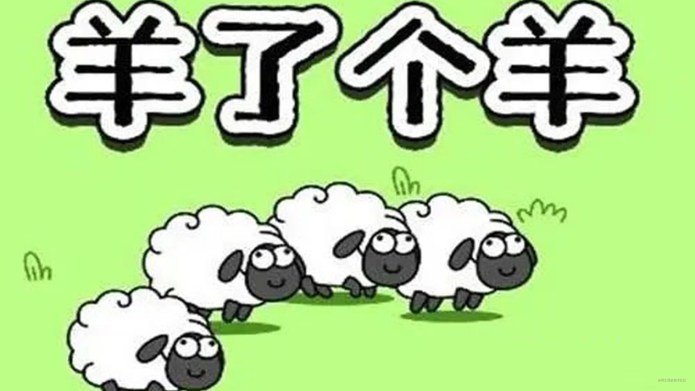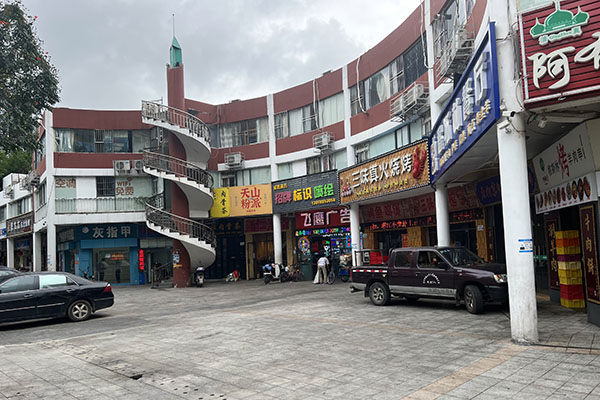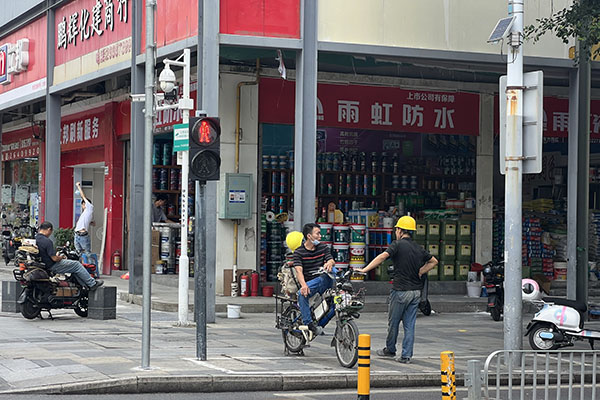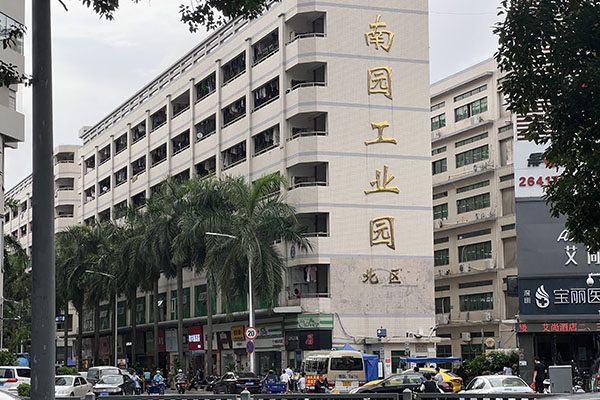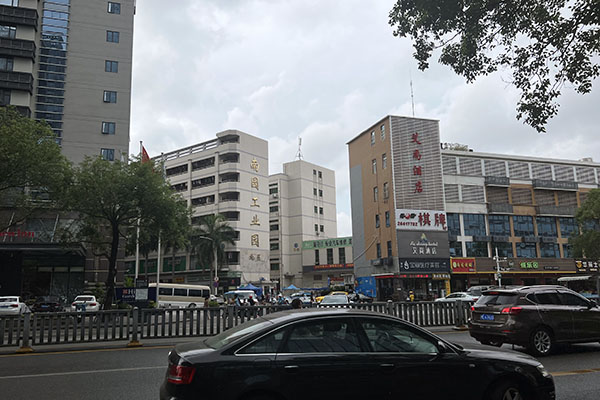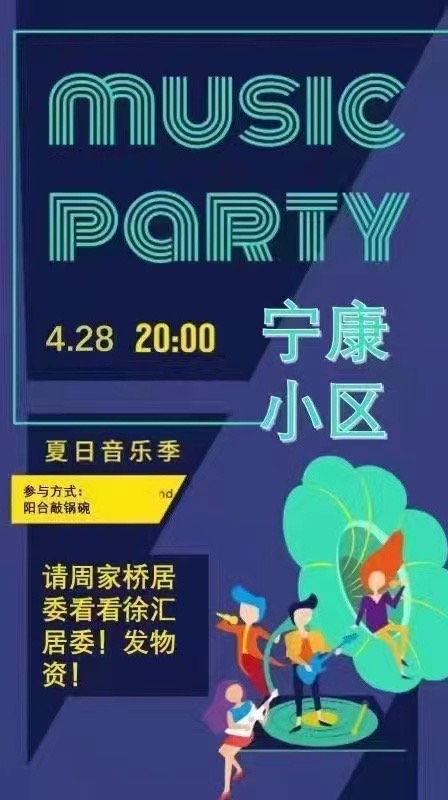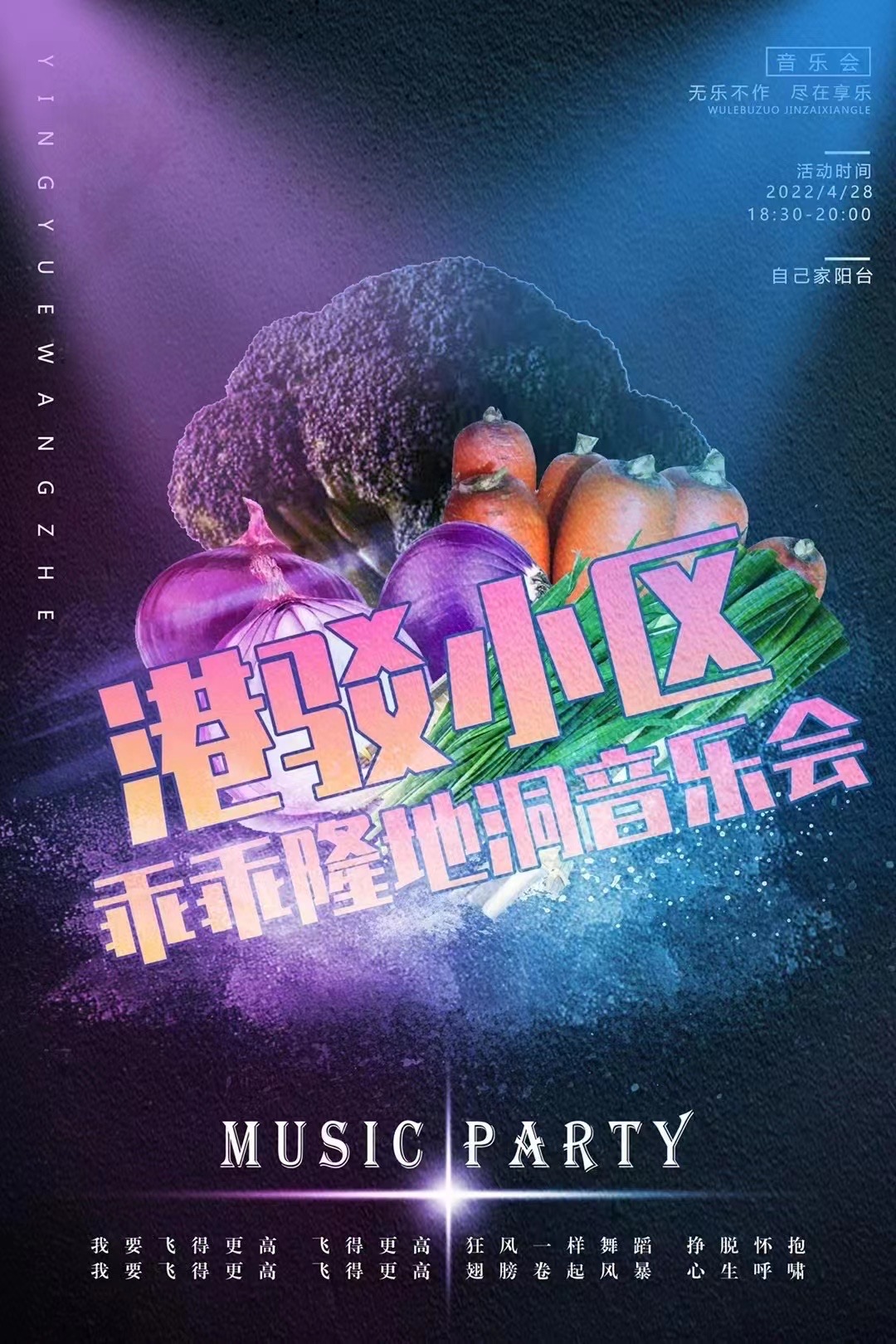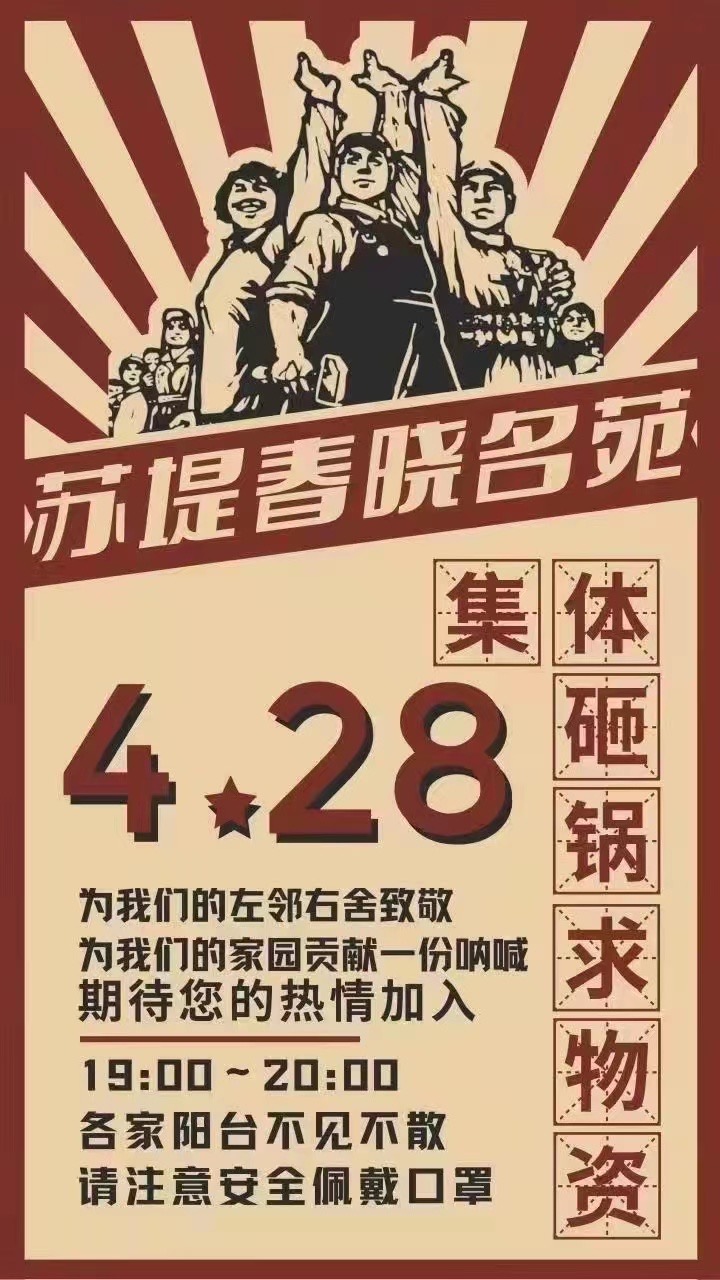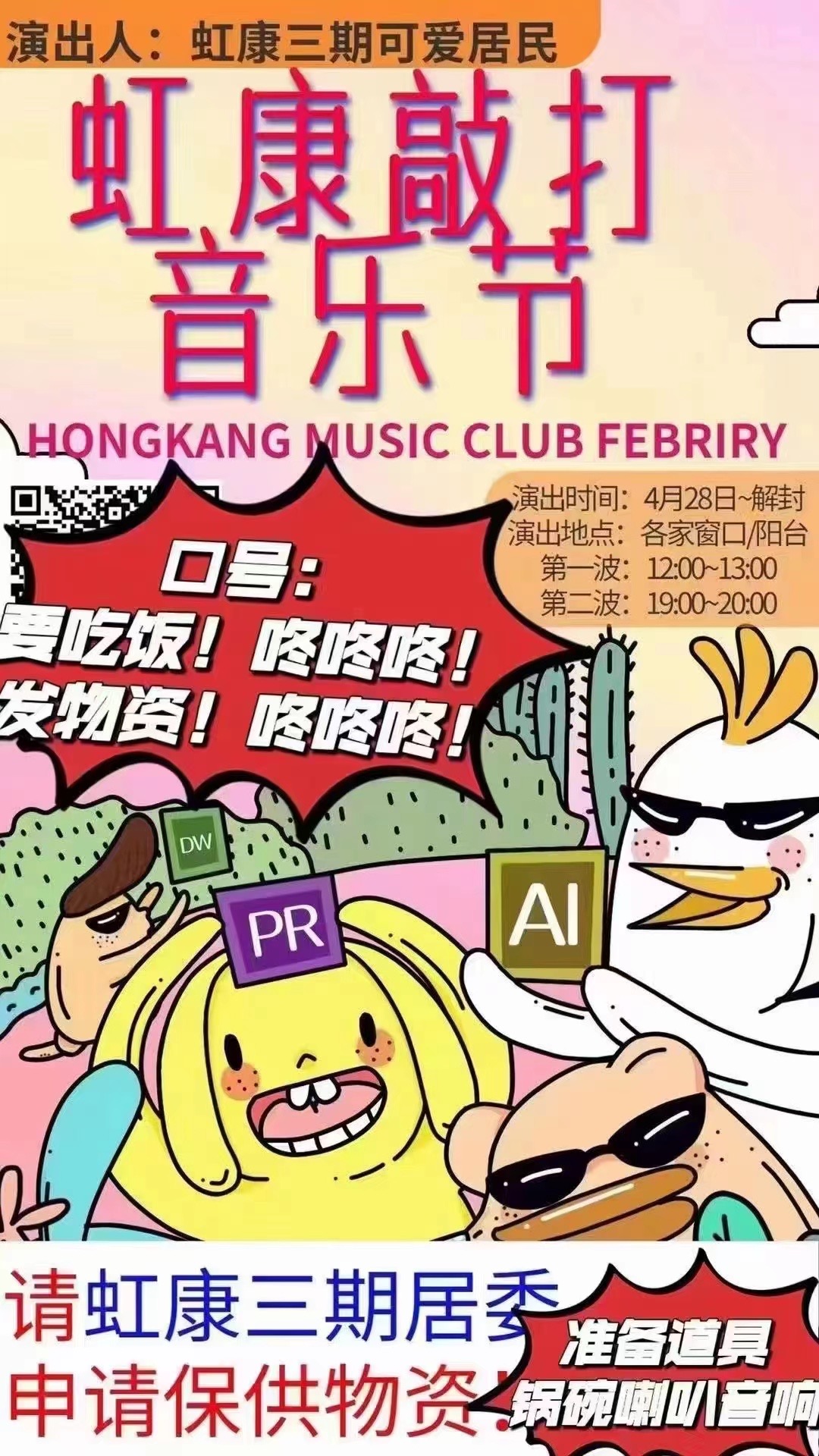It’s true, unlike the 2020 lockdown when the government subsidized the lockdown, during the 2022 lockdowns in Shanghai and elsewhere (Shenzhen, for example) the actual costs of game of germs are being passed on to ordinary citizens and entrepreneurs. Owners of cars that were parked in commercial lots, for example, are being held responsible for fees accrued during the lockdown, fees which be over 3,000 rmb. Indeed, one of the jokes currently circulating describes post-lockdown accounting for mass testing as a case of different government bureaus passing the buck:
[The government went out for a night on the town.] The medical insurance department believed that the finance bureau would pick up the tab, while the financial bureau assumed that the medical insurance department would foot the bill. The two sat down for dinner, ordering wine, dishes and escorts. They uncorked bottles of foreign spirits, sang karaoke, had massages and paid for sex. Indeed, they ordered everything on the menu. When it came time to settle the account, however, the finance bureau slipped out the door and the medical insurance department pretended to be drunk. And this is how the absurdity ended. 医保以为财政请客,财政以为医保请客,二人落座后加酒加菜要三陪,开洋酒、点歌、按摩、打炮......所有的项目都点了,拿出店家账单找人结账的时候,财政要遛,医保装醉,荒唐的一幕就这样结束了。

